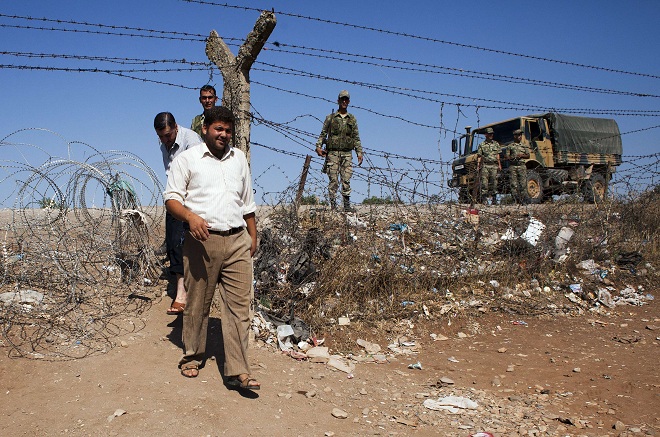CAIRO: An American report published in the Middle East Quarterly has highlighted concerns over the stability of Egypt once President Hosni Mubarak is no longer president.
Titled “Is Egypt stable? and penned by Aladdin Elaasar, the report indicates that since there is no clear scenario for the succession of power, there will be instability in post-Mubarak Egypt.
“Instability in Egypt after Mubarak s incapacitation or death may become an international security concern. There is no clear chain of command or civil society base to facilitate the transfer of power to the next president, it said.
The report pointed out what this could mean for Israel, as a possible succession scenario would be the Muslim Brotherhood seizing power.
“If the Muslim Brotherhood were to achieve power in Egypt, the destruction of Israel would again be the unifying principle for governments in the region, it said.
The report also stated that Mubarak is preparing his son Gamal, head of the policies committee at the National Democratic Party, to succeed him as president.
“Mubarak has been polishing his son Gamal to be his successor, a mockery of Egyptian republicanism and democracy, it said. “If Gamal takes power, Egyptians fear he would continue his father s policy of enriching the elite, suppressing the poor, all while ignoring effective reform.
Elaasar also laid into the absence of civil liberties during Mubarak’s reign, compounded by US acceptance.
“Mubarak has ruled Egypt with an iron fist; he has turned Egypt into a police state rivaling Syria s or Tunisia s with a security force infrastructure that numbers nearly two million, Elaasar wrote.
“As the Bush administration abandoned its freedom agenda after the Hamas victory in Palestinian elections and with Secretary of State Hillary Clinton openly acknowledging in the context of China that the Obama administration would prioritize human rights concerns even less, the Mubarak regime appears to feel itself having carte blanche to curtail civil liberties, he added.
The Quarterly is a publication of the Middle East Forum, which according to its mission statement is a think tank that “seeks to define and promote American interests in the Middle East.
It “defines US interests to include fighting radical Islam, whether terroristic or lawful; working for Palestinian acceptance of Israel; improving the management of US democracy efforts; reducing energy dependence on the Middle East; more robustly asserting US interests vis-à-vis Saudi Arabia; and countering the Iranian threat.
Elaasar is an author and former professor of Arabic language and area studies at the Defense Language Institute and the Monterey Institute of International Studies.


